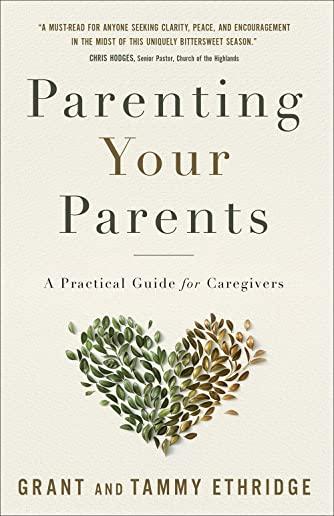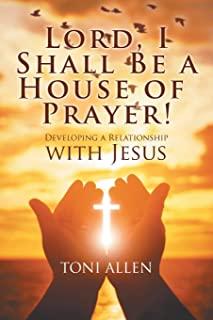
Even though I can't hear the trains every day like I did when I was growing up, I still live across the train tracks. When I was growing up, you had to cross the train tracks to get to my house; and even now in my twilight years, you have to cross the train tracks to get to my house. However, I never thought of living across the tracks as a negative thing like it is in the movies. I am sure it is because negativity was not a part of my life growing up. We were never harshly beaten or yelled at for the littlest thing like some children. We realized we were poor, but that didn't define us because we were surrounded by love in our own home and in our community.
We lived in a church community dedicated to educating children and working hard. No, we weren't overly praised either. We didn't get anything for good grades or for our birthdays. Yes, we were hungry sometimes, but we never starved because we trusted our parents to provide for us, and they always did. Simple peanut butter and cracker sandwiches could make eight little children on Crichton Hill in Minden, Louisiana, smile as if they didn't have a care in the world--because to them, they didn't.
What we always had was hope. It was this realization that gave me the impetus to call my memoir The Hope Train. Hope because of all the prayers my mom sent to heaven on her kids' behalf and the trains that passed by each day--and even provided passage for me as I was the first in my family to go to college, and the seven other Rabb children would board the train also.
member goods
listens & views

KANUCHI-SHIROKI TSUBASA NO SYOU-O (JPN)
by KANUCHI-SHIROKI TSUBASA NO SYOU-O
COMPACT DISCout of stock
$29.99






